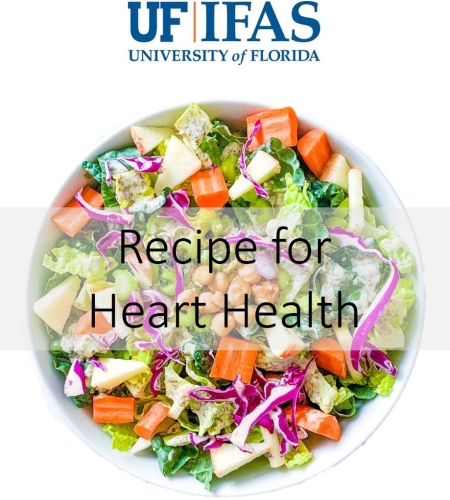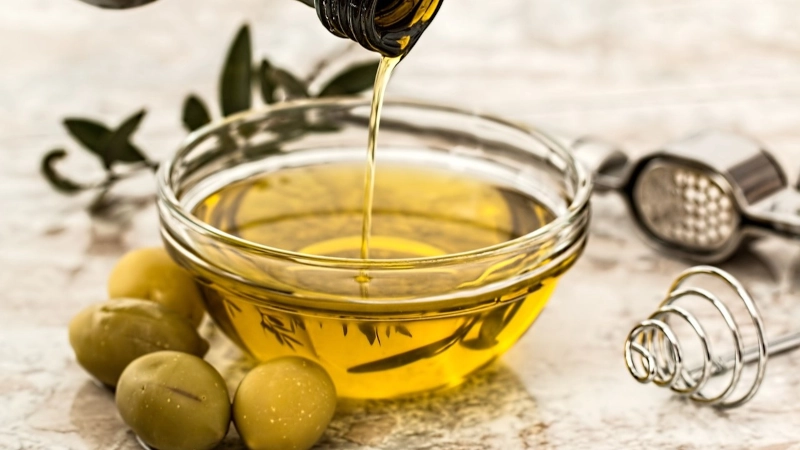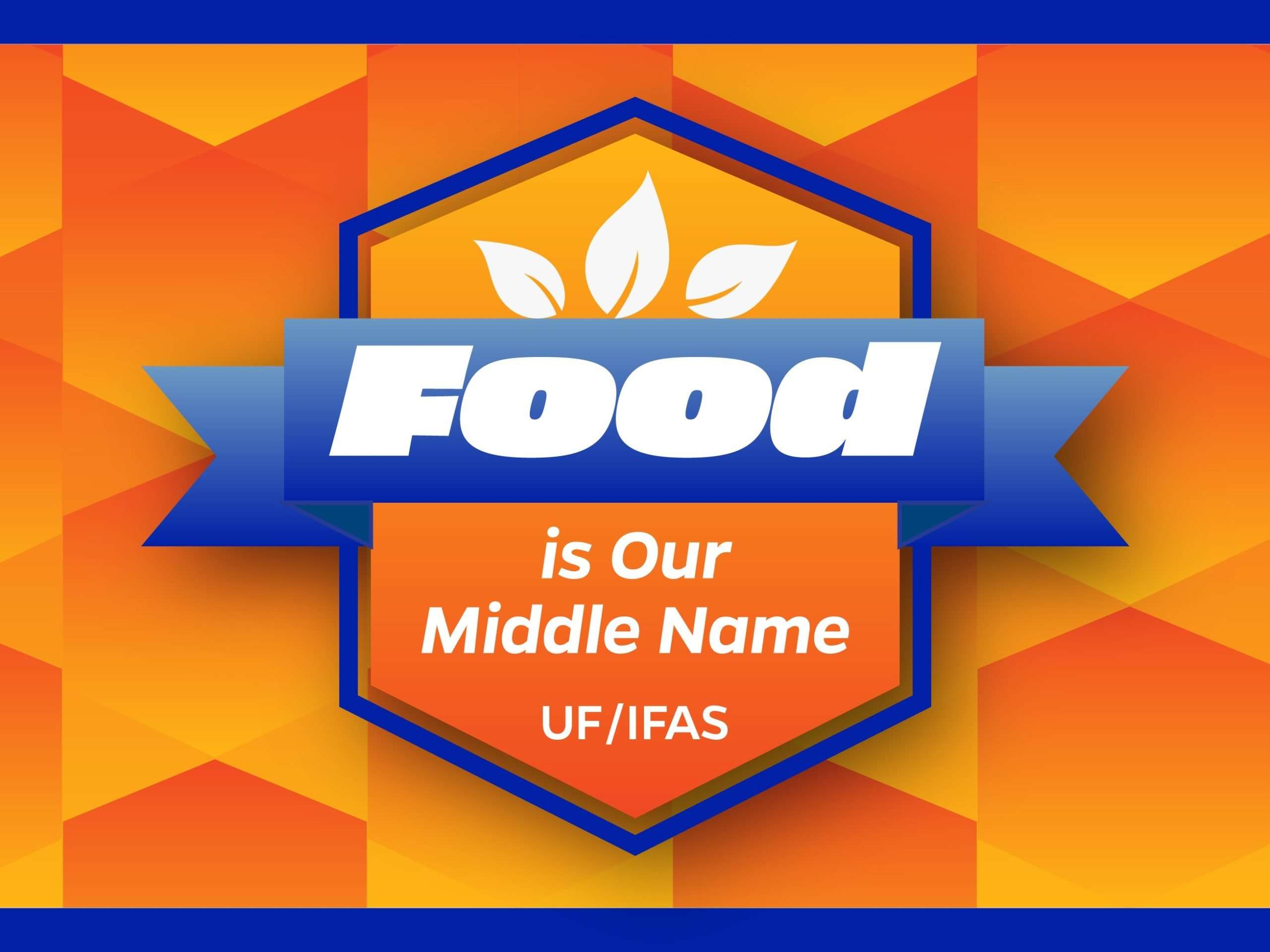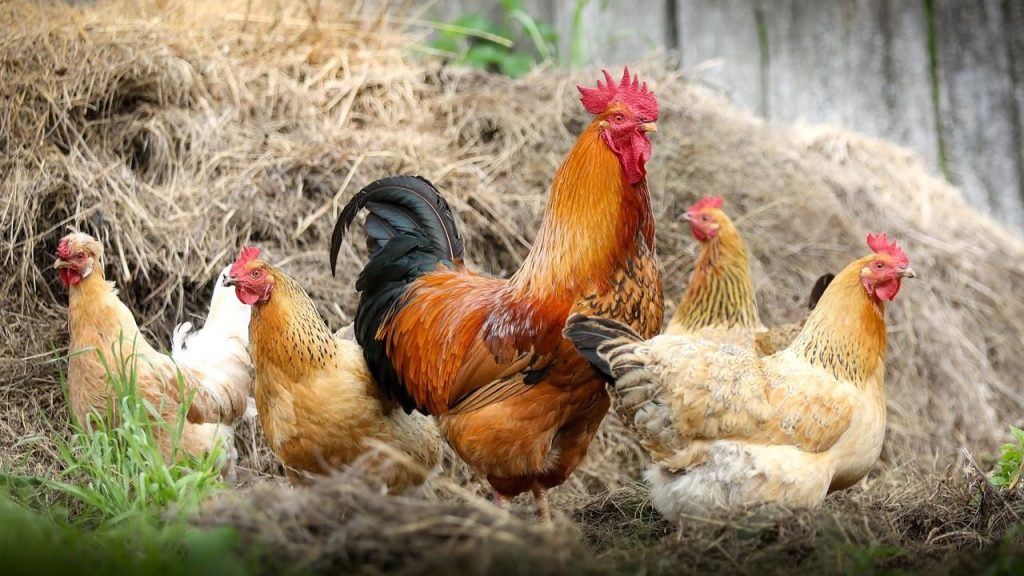As a staple of plant-based diets like the Mediterranean diet, olive oil has long been lauded for its ability to lower heart disease risk. A recently published University of Florida study, however, suggests other elements of that diet may play a greater role in achieving health benefits.
The Recipe for Heart Health study is the culmination of collaboration between researchers from the UF/IFAS food science and human nutrition department, the UF Division of Cardiovascular Medicine, and the National Institute of Diabetes and Digestive and Kidney Diseases. Published in the Journal of the American Heart Association, the nine-week study followed 40 adults between 18 and 79 for 11 months. The participants had various health factors that met classifications for placing them at risk for cardiovascular disease.
During the study, all participants adhered to whole-food, plant-based, vegan diets, but they were randomly assigned to consume either a “low” amount (less than a teaspoon) or a “high” amount (4 tablespoons) of extra virgin olive oil (EVOO) each day for four weeks. After a one-week “washout” period, the participants switched and followed the other EVOO regimen for four weeks.
Cooked olive oil can produce inflammatory compounds, depending on temperature, so study participants were instructed to consume raw olive oil. Many did so by adding it to salad dressings and sauces. They abstained from eating animal products and heavily processed and refined food and instead ate whole fruits, vegetables, legumes, whole grains, nuts and seeds. The researchers encouraged nutritionally balanced meals, but they did not control portion sizes or caloric composition of meals.
Neither regimen was low in fat; participants obtained at least 30% of their energy from dietary fat, whereas dietary fat would have contributed to between 10 and 15% of their energy if they had followed a typical low-fat diet.
Study Lead Author Andrea Krenek, PhD, RDN, UF/IFAS Food Science and Nutrition
During the high-EVOO phase, participants obtained most of their dietary fat from EVOO. During the low-EVOO phase, they primarily obtained it from unrefined, whole, plant-based fats such as avocados, nuts, seeds and olives.
Compared to baseline levels, consuming both high and low amounts of EVOO resulted in decreased levels of LDL, or “bad,” cholesterol, which has been linked to heart disease. But participants experienced greater reductions in LDL cholesterol after four weeks of the low-EVOO regimen.
And the order participants followed the regimens mattered. Those who started with the high-EVOO regimen and then transitioned to the low-EVOO regimen achieved decreased LDL. Those who started with the low-EVOO regimen and transitioned to the high-EVOO regimen saw their LDL levels increase compared to what they were upon ending the low-EVOO regimen.

The research team used a cookbook to promote healthy eating during the study. Credit: Andrea Krenek, UF/IFAS
“This study suggested that while a whole-food, plant-based diet with or without extra virgin olive oil may lower heart disease risk factors compared to a standard omnivorous diet, a lower amount of extra virgin olive oil while incorporating other whole forms of dietary fat may yield greater risk reductions,” Krenek said.
Emphasizing whole-plant foods while limiting foods that may increase risks – such as red and processed meats, added sugars and saturated fats – likely plays a greater role in the benefits of plant-based diets than consuming EVOO alone, she explained.
Krenek said her team plans to use data from the study to produce additional research articles on cooking, diet quality, mood and quality of life.
Para accesar a este contenido en español, por favor utilice este enlace.
Written by: Megan Winslow, Public Relations Specialist, UF/IFAS
Megan grew up in Gainesville and graduated from the University of Florida College of Journalism and Communications. She enjoys photography, swing dancing and classic rock music. She is a huge fan of Tom Petty.
The mission of the University of Florida Institute of Food and Agricultural Sciences (UF/IFAS) is to develop knowledge relevant to agricultural, human and natural resources and to make that knowledge available to sustain and enhance the quality of human life. With more than a dozen research facilities, 67 county Extension offices, and award-winning students and faculty in the UF College of Agricultural and Life Sciences, UF/IFAS brings science-based solutions to the state’s agricultural and natural resources industries, and all Florida residents.
Feeding a hungry world takes effort. Nearly everything we do comes back to food: from growing it and getting it to consumers, to conserving natural resources and supporting agricultural efforts. Explore all the reasons why at ifas.ufl.edu/food or follow #FoodIsOurMiddleName.





